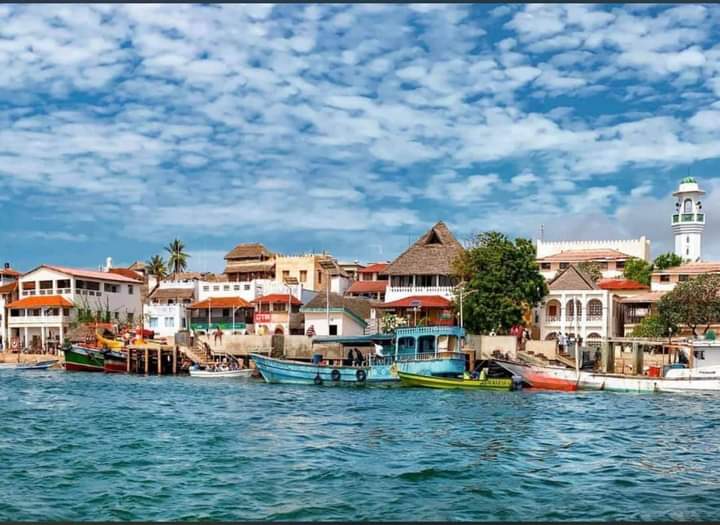
Kiunga Marine National Reserve Adventures
Kiunga Marine National Reserve is a protected coastal marine area in northeastern Kenya renowned for its vibrant coral reefs, diverse marine life, and traditional fishing communities, offering unique snorkeling and wildlife viewing opportunities.
About Kiunga Marine National Reserve

Kiunga Marine National Reserve is located along Kenya’s northern coastline bordering Somalia, encompassing a vast expanse of coral reefs, mangrove forests, and sandy beaches. It covers approximately 406 square kilometers of marine and terrestrial ecosystems. The reserve plays a crucial role in conserving rich biodiversity, including tropical fish species, sea turtles, dolphins, and dugongs. The area is also an important habitat for migratory seabirds and supports local artisanal fishing communities whose livelihoods depend on the health of the marine environment. Established in 1979, Kiunga Marine National Reserve is one of Kenya’s oldest marine protected areas, managed by the Kenya Wildlife Service. The region offers calm, clear waters ideal for snorkeling, diving, and kayaking, with exceptional underwater visibility and coral formations. The mangrove forests provide breeding grounds for fish and protect the coast from erosion. Visitors can explore remote islands, observe birdlife such as the African fish eagle and the Madagascar white-eye, and learn about the rich cultural heritage of the Bajuni people living in nearby villages. The reserve is less developed for tourism compared to other Kenyan coastal parks, making it a tranquil destination for eco-tourists seeking off-the-beaten-path marine experiences. Access is typically by boat from the town of Lamu or Kiunga town. Conservation efforts focus on sustainable fishing practices and habitat restoration to protect endangered species and fragile coral ecosystems while supporting local communities.
Highlights
Extensive fringing coral reefs with diverse marine fauna
Mangrove forests supporting rich coastal ecosystems
The remote Kiunga islands, offering pristine beaches and wildlife
Cultural heritage and traditional Bajuni fishing villages
Notable Natural Features
Coral Reefs
The reserve's coral reefs are extensive and support over 300 species of fish, making it a hotspot for marine biodiversity.
Mangrove Ecosystems
Mangrove forests within the reserve serve as critical breeding grounds for fish and crustaceans and protect the coastline from erosion.
Kiunga Islands
A chain of remote islands offering unspoiled beaches, nesting grounds for sea turtles, and opportunities to experience local Bajuni culture.
